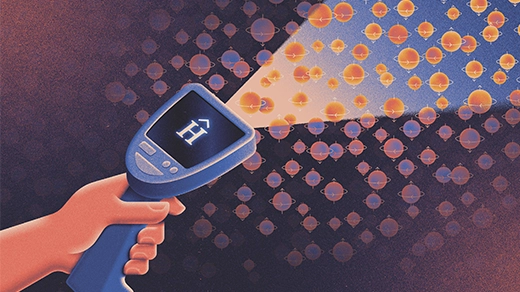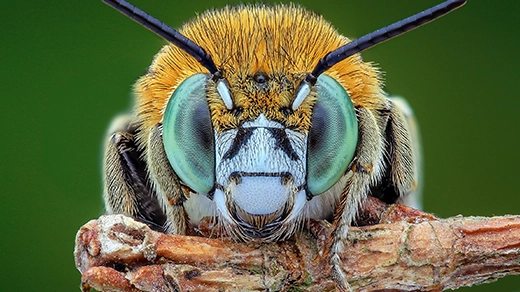How to Grow Metal-Eating Microbes
At first glance, the sunny, blue waters off Southern California’s Catalina Island don’t seem to have much in common with an old gold mine in South Dakota’s Black Hills. You’d have to get down to the microbial level before you spotted the similarities. Both the waters of the gold mine and the seafloor sediment off Catalina are mineral-rich, oxygen-poor environments home to a strange class of microbe — the kind that eat metals to get electrons.
All life on Earth needs a source of electrons to make and store energy; the trick is getting them across the fatty, insulating cellular membrane. Humans eat food, smuggling electrons across in the form of glucose, then breathing them back out attached to carbon dioxide. But metal-eating microbes apparently get their electrons directly from the inhospitable, mineral-rich surfaces they call home.
Studying how, exactly, the microbes do this has been difficult because they’re hard to grow in the lab. But in 2015, Stanford University microbiologist Alfred Spormann and his team showed that one kind of metal-eating microbe can survive on the surface of an electrode by secreting an enzyme. The enzyme partners an electron from the electrode with a proton from water to make a hydrogen atom, which the microbe can absorb. But could some kinds of microbes take up electrons directly, without having to partner it with anything? Many scientists believe so, and Spormann claims to have found one already, although the results haven’t been published.
“Using electrodes as proxies for minerals has helped us open and expand this field,” said Annette Rowe, a postdoctoral researcher at the University of Southern California. “Now we have a way to grow the bacteria and monitor their respiration and really have a look at their physiology.”
Life-forms like these could also teach us about the possibilities for life on other planets. The South Dakota gold mine project, led by Moh El-Naggar at the University of Southern California, is funded by NASA’s Astrobiology Initiative. He said that Mars, iron-rich with flowing water beneath the surface, has all the ingredients electron-eating life would want.
For more on this story, check out Emily Singer’s full article on QuantaMagazine.org.




